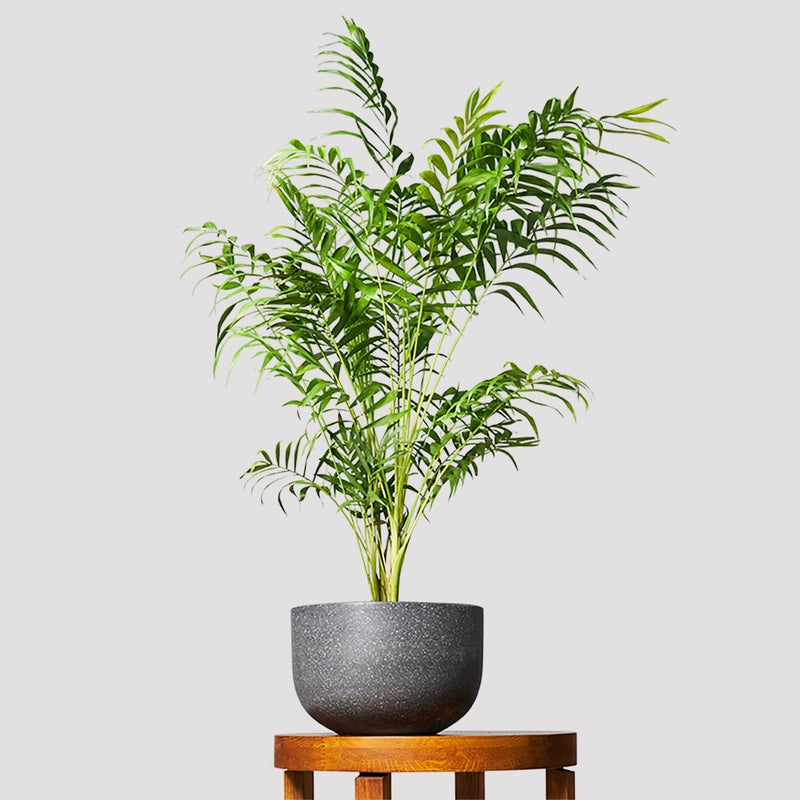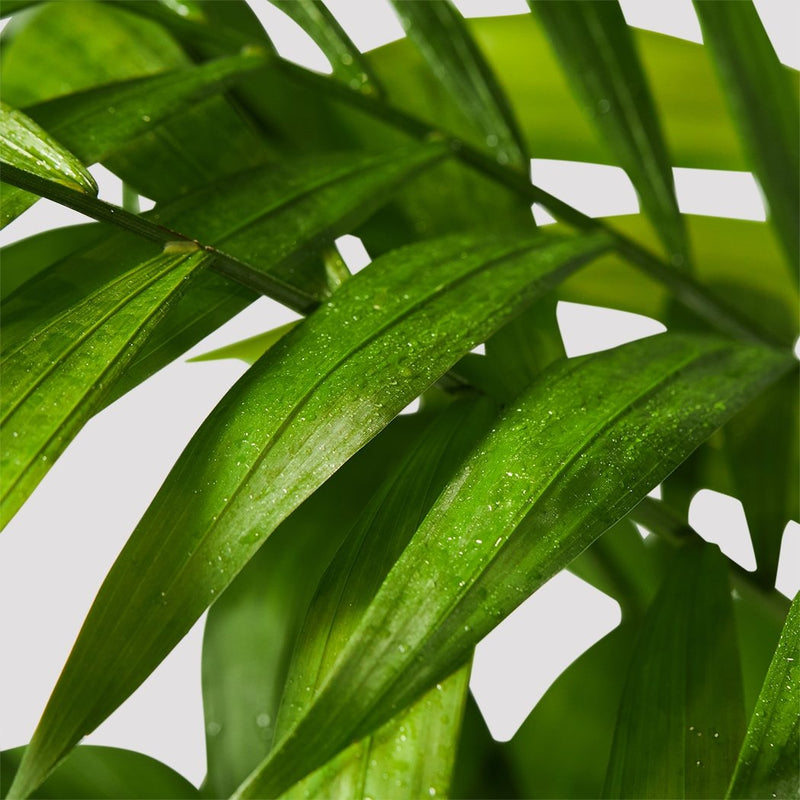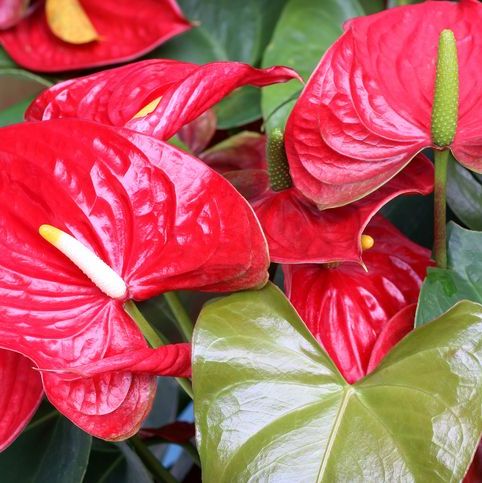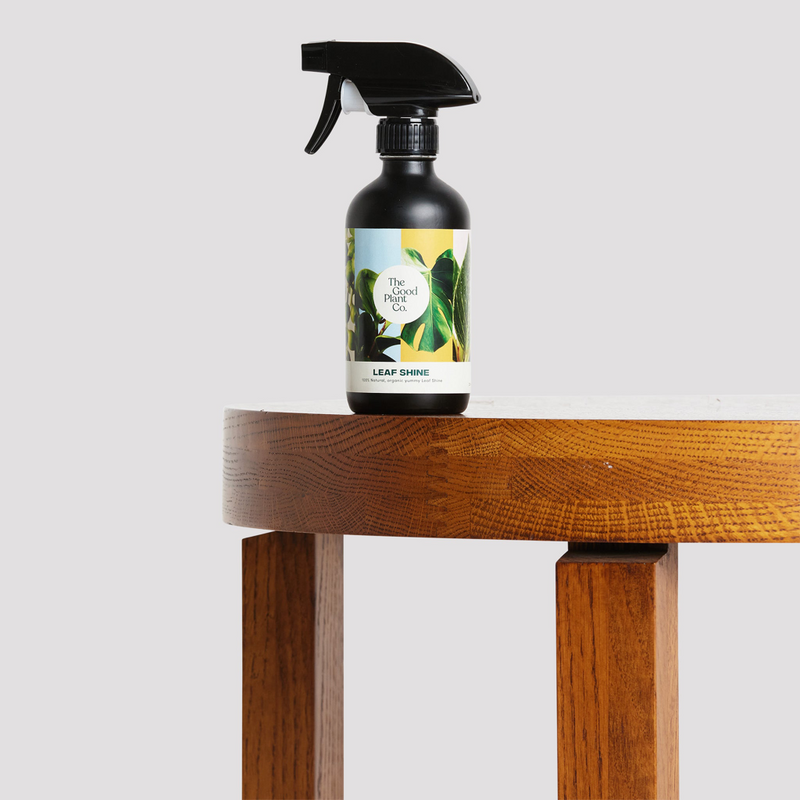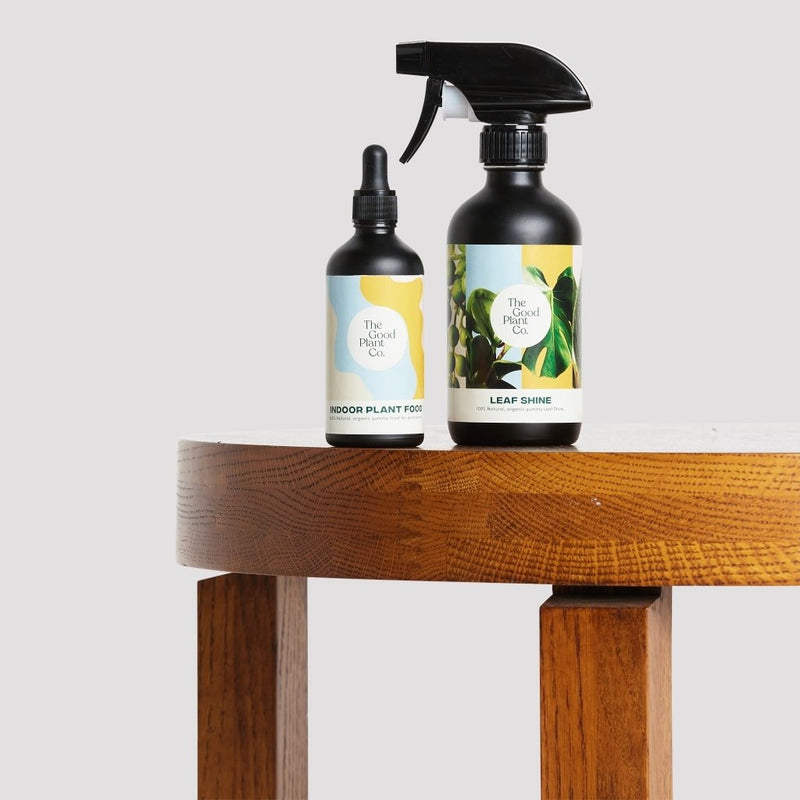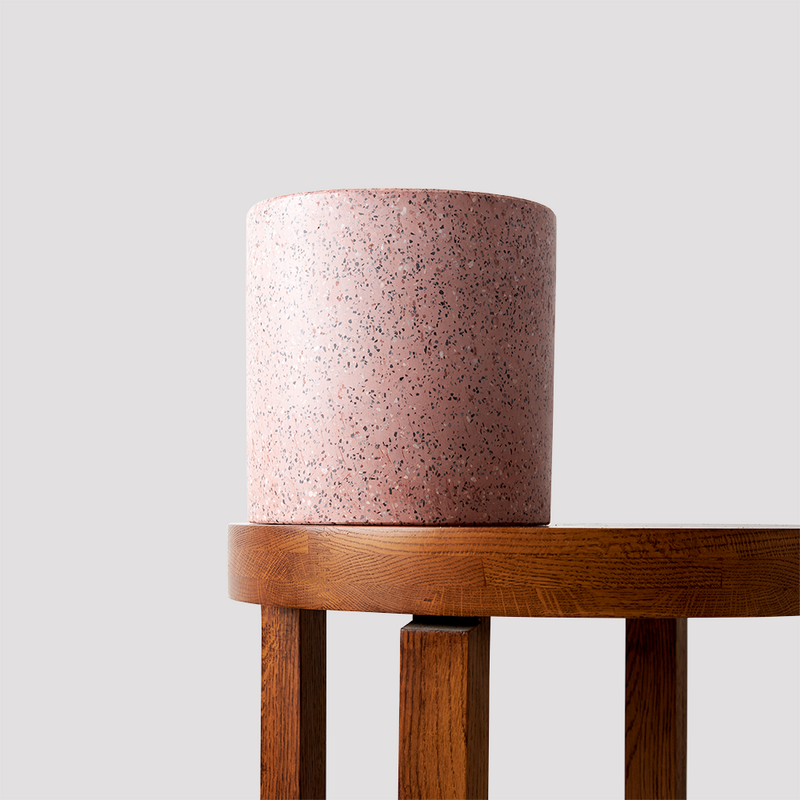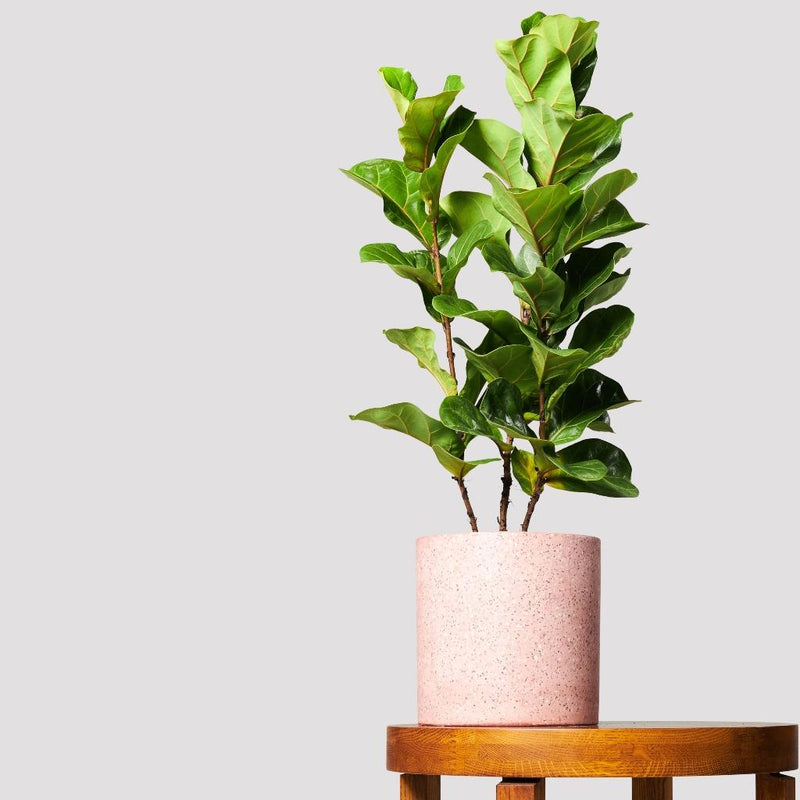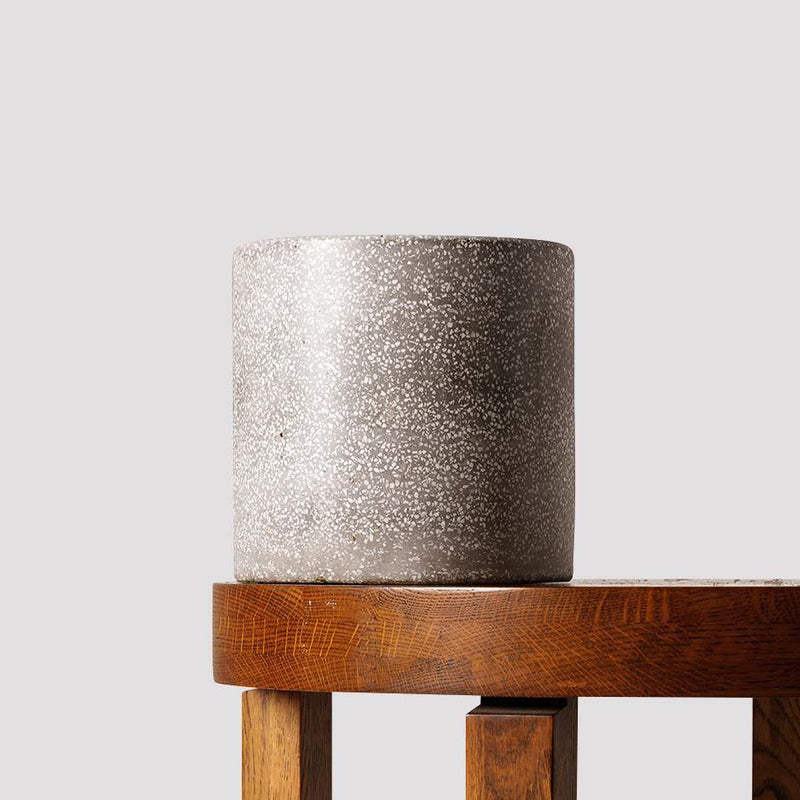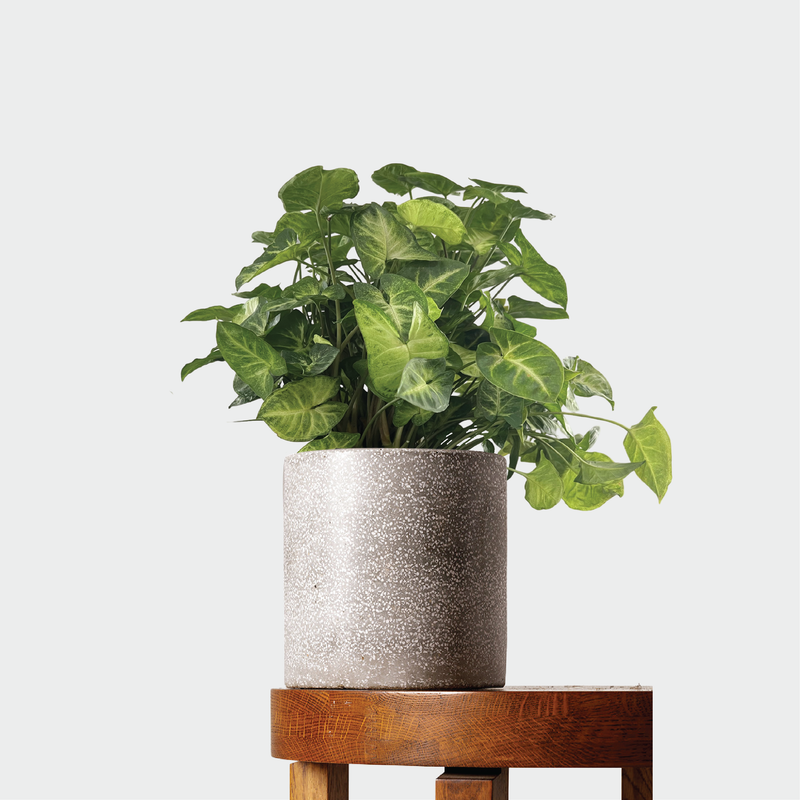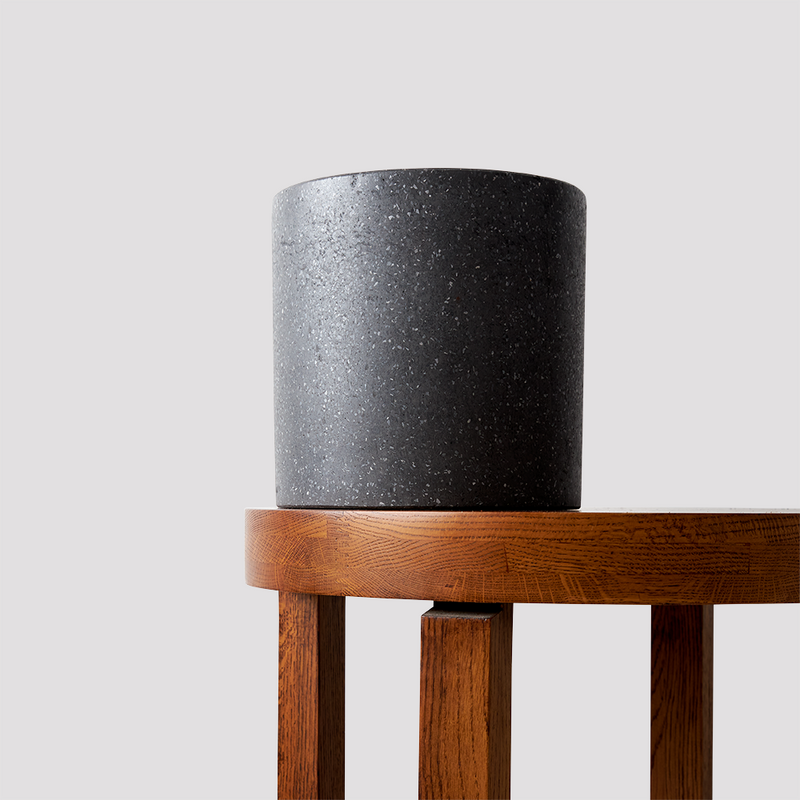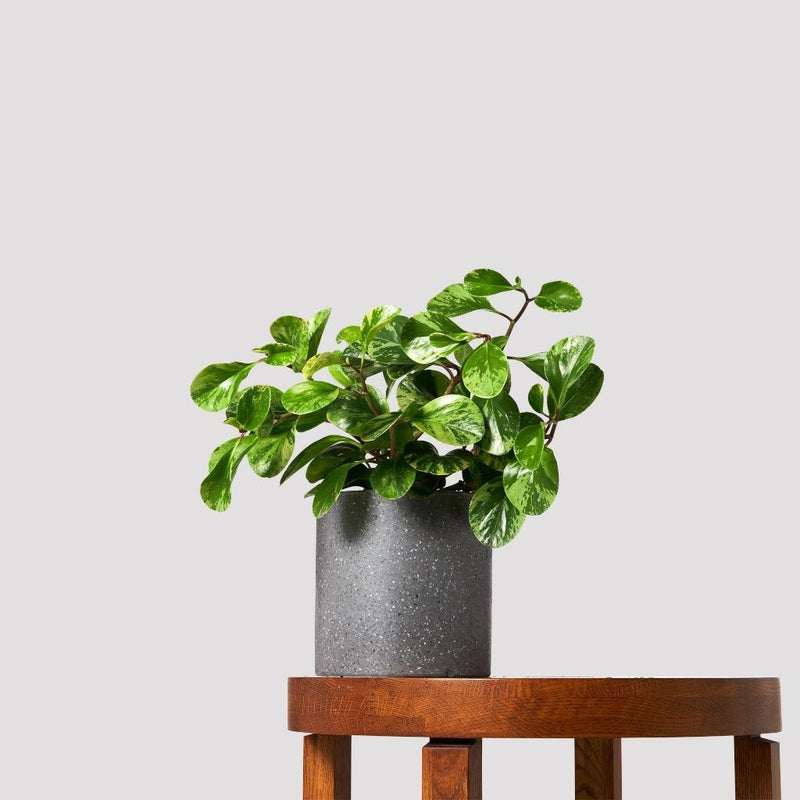Adding plants to your indoor space can make it more inviting and relaxing. It’s no wonder why many people love growing plants at home because it offers plenty of benefits. No matter what your reason might be for growing plants, there is no magic formula to keeping them healthy and alive. You don’t need a green thumb to know how to keep a plant alive.
These are basic tips that will give you more confidence to grow your plant. After all, tending to your plants is supposed to reduce stress, instead of causing more stress.
How to Keep a Plant Alive
Plants are like pets and children. They require proper care and maintenance daily. However, you don’t need any special skills to know how to keep a plant alive. Here are important tips to make your plant care journey successful and rewarding.
1. Choose the right pot.
The type of pot you use plays a vital role in keeping your potted plants healthy and alive. This tip is often overlooked, especially among those who are new to caring for plants.
First thing’s first, plants do not want to be kept in plastic nursery pots for a long time, although you should not re-pot it anytime soon after you buy it as it was probably freshly re-potted at the nursery. It is important to repot your plants at home after a few months so you don’t constrict their growth.
It is also important to consider the type of pot you use based on your goals. For example, if you want your plant to become larger, you have to give it more space to grow (aka a larger pot). If you would rather keep a plant at a particular size, you can trim it and then re-pot it to a similar-sized pot.

2. Invest in the right soil.
The quality of the soil mix you use on your potted plants is also crucial in keeping them healthy. If you are re-potting your plants at home, consider the potting soil you use instead of just scooping out dirt from your backyard. Invest in potting soil or potting mixes that contain fertilizers. The latter is recommended to ensure that the soil you are using is rich with the essential nutrients your plants need to grow healthy.
When buying soil mixes for your potted plants, make sure to look for a mix that is specifically designed for your specific plant.
3. Nourish your potted plants.
Potted plants require extra care and additional nutrients than those that are planted in the ground. You need to invest in fertilizers to allow the soil to become nourished with extra nutrients. In turn, your plants can absorb these nutrients, which allows them to grow healthy and stay alive.
Fertilizers help your potted plants develop resilience against elements and pets that could cause them damage.
4. Make sure it gets enough water.
Watering is one aspect of the plant care journey that many new plant parents struggle with. How do you make sure that you don’t over-water or under-water your plant? If you put too much water, your plant could drown. If you put too little, it can cause the plant to become dehydrated and die. There is a delicate balance that you need to master.
It is undeniably tricky, but once you get to know your plant well enough, you will know the right amount of water it needs to grow and stay alive. The best way to make sure your plants get enough water is to feel the soil. The soil should be damp, which means it has enough moisture. You don’t need to water your plant yet if the soil is still damp.
If the soil is dry and crumbly in texture, it means that the soil is dehydrated and you need to add water. Ideally, you should not wait for the soil to become dry before you water it. Aside from the dry soil, you will also notice that the leaves turn brown or yellowish. It is a sure sign your plant needs water.
5. Plants need light too.
Water is not enough to keep plants healthy and alive. They need light too. Just like watering your plants, some types require less sunlight than others. However, light is needed for plants to grow and stay alive.
Choose where you position your plants to get adequate sunlight throughout the day. Windowsills are a good example of where to put your plants to get sunlight.
You must also be aware that too much sunlight can be damaging to your plants. This is especially true in the summer months when the sunlight can be harsh. Too much sunlight can cause your plants to become dehydrated easily. It is best to keep it in moderation.

Consider these tips on how to keep a plant alive. However, you must be aware of the fact that every plant is unique and will require different caring requirements. You have to do your research on how to care for the individual plants you have at home so that you can give the ideal care for them so they can grow healthy and happy.




